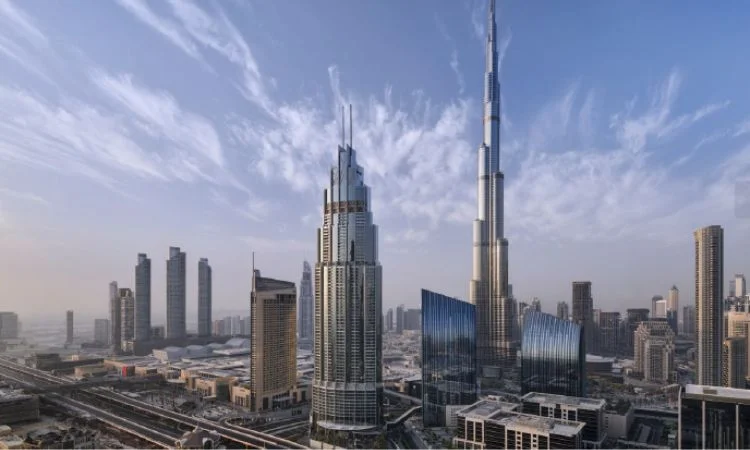Dubai has established itself as a world-class tourism and business destination thanks to massive investments that have transformed its infrastructure and amenities over the past few decades. With a strategic location at the crossroads of Europe, Asia and Africa, the emirate has capitalized on its position to attract global travelers and events. However, as the luxury hospitality sector in Dubai continues expanding at a rapid pace, industry players note that maintaining a competitive edge is becoming more challenging.

Rotana, one of the largest hotel management groups in the Middle East, currently operates over 100 properties across 15 countries. The company has played a major role in developing Dubai’s hospitality scene since its founding over 35 years ago. In a recent interview, Rotana CEO Guy Hutchinson weighed in on the crowded high-end market and what it will take for brands to differentiate themselves going forward.
Hutchinson acknowledged that Dubai now offers “a number of really good products” that have driven up standards across the luxury segment. While increased competition is healthy for consumers, he observed that it has made standing out more difficult. With so many opulent resorts, suites, and amenities on offer, travelers have higher expectations than ever before. Brands must thoughtfully consider how to craft memorable experiences that cultivate loyalty.
Location remains paramount for luxury hotels, according to Hutchinson. Properties situated near Dubai’s prime attractions like the Dubai Mall and Burj Khalifa continue seeing strong performance, with high occupancy rates year-round. However, as the city expands, new hotspots are also emerging. Upcoming areas like Dubai Creek Harbour and Expo 2020 site are primed to reshape the urban landscape and attract investment. Forward-thinking developers securing prime spots in these evolving districts will gain an edge.
Beyond desirable addresses, Hutchinson emphasized the need for luxury hotels to offer personalized, tailored experiences. Mass-market chains delivering standardized products will struggle to satisfy sophisticated guests accustomed to bespoke luxury. Rotana focuses on crafting unique experiences through regional flavors and cultural touches. The group also owns specialty brands like Centro and Murjan aimed at catering to different traveler profiles. Such diversification allows Rotana to stay competitive amid the wide selection.
Technology is another frontier reshaping hospitality expectations, especially for younger luxury clients that grew up with constant digital connectivity. Hutchinson sees opportunities in innovations that enhance the guest journey through seamless check-ins, innovative F&B concepts enabled by apps, and interactive in-room entertainment. While large capital investments are required, early tech adopters stand to set new standards and attract tech-savvy global citizens with always-on lifestyles.
Sustainability also emerged as an area of increasing focus, with many high-end travelers looking to support brands with strong environmental and social policies. While sustainability practices require upfront costs, Hutchinson believes they provide a competitive differentiator and align well with the luxury segment’s discerning clientele. Rotana is working to reduce its carbon footprint through green building standards and on-property renewable energy and recycling initiatives.
Amid the growing number of five-star options in Dubai, Hutchinson is optimistic about Rotana’s ability to thrive through its diverse portfolio and people-centric approach. With continued investments in experiences, technology, and sustainability, the company aims to stay relevant as guest demands and the operating landscape evolve. The executive sees immense potential for those agile enough to adapt while retaining their distinct identities and service excellence. Overall, Dubai’s rising luxury hospitality scene presents both opportunities and challenges for incumbent players and new market entrants alike.















